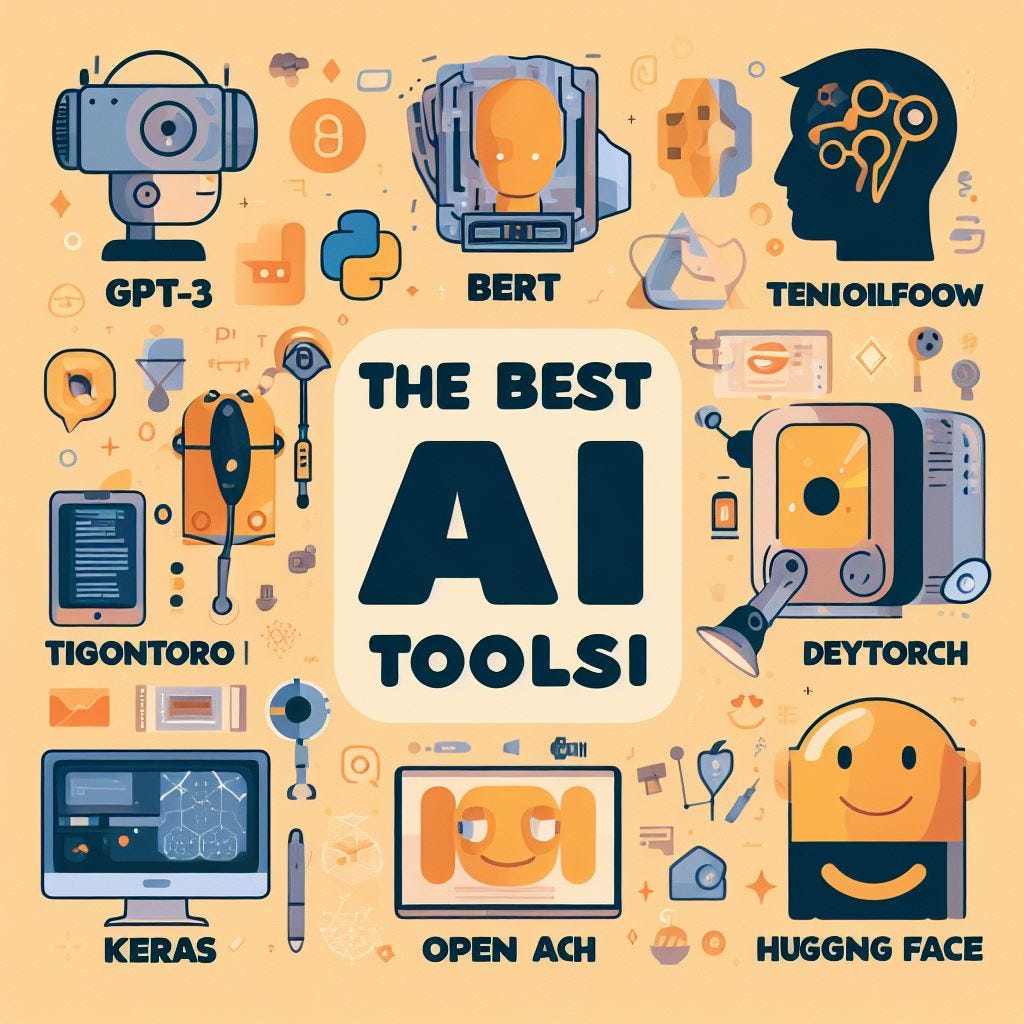The Return of OpenAI CEO Sam Altman and the Mysterious Leak of “Q*”
OpenAI's Return to Controversy: Sam Altman Rehired Amidst QAR Leaks, Copyright Disputes, and the Rise of Synthetic Data
OpenAI has been making headlines recently with major leadership changes, rumors of breakthrough AI research, accusations about misusing copyrighted data, and increasing momentum around synthetic data. How are all these events connected and what do they mean for the future of AI?
Last week, OpenAI surprised many by announcing that Sam Altman is returning as CEO just days after being ousted by the board. The exact reasons behind Altman’s brief departure remain unclear, though speculation centers on disagreements over new AI research dubbed “Q*” that recently leaked. Accompanying Altman’s return is a reshuffled board now led by former Twitter CEO Brett Taylor as chair, while AI safety researcher Ilya Sutskever appears set to leave his role.
So what is this mysterious Q* system that might have led to so much drama? Details remain scarce due to OpenAI’s secrecy, but reports suggest Q* represents a major advance in conversational AI using self-supervised learning techniques similar to those behind game-playing AI like AlphaGo. With Q*, an AI system apparently can train itself to get better by conversing with altered versions of itself, rather than needing direct human feedback or new datasets.
6 OF THE BEST AI TOOLS
HEADLIME IS THE GO-TO GPT-3 TOOL FOR MARKETERS.
WRITESONIC IS ONE OF THE BEST ARTIFICIAL INTELLIGENCE-POWERED COPYWRITING GPT-3 TOOLS.
Such automated self-improvement without human oversight could rapidly accelerate progress towards advanced AI, known as AGI or artificial general intelligence. However, this technique likely requires exponentially more data than what humans can provide through traditional means like books or online content. That’s where the accusations from Elon Musk come in.
This week in an interview, Musk directly accused OpenAI of “lying” in claims it doesn’t use copyrighted data for training. Having access to all publicly available data on the internet, without consent or compensation, removes humans from the loop and provides AI systems like Q* massive datasets for unsupervised, automated learning. However, Musk argues that any lawsuits around this practice will become irrelevant once advanced AI is created in the next few years.
This drive for data to improve systems like Q* helps explain OpenAI’s sudden, intense focus this year on synthetic data as well. Synthetic data is information generated algorithmically by AI systems rather than by humans. It provides a potential new data source to continue rapidly improving AI abilities. OpenAI has touted synthetic data as enabling AGI without humans for alignment, while critics argue synthetic data suffers from contamination issues around evaluating quality.
Connecting all these threads reveals OpenAI’s motivation in developing systems like Q*. The promise of automated improvement from self-supervised learning could drive explosive progress in AI, but it requires unfathomable, increasing amounts of data. By misusing existing datasets before turning to synthetic data engines that remove humans from the loop, OpenAI demonstrates a relentless commitment to advancing capabilities regardless of ethical considerations around consent or alignment. And this may explain the internal tensions with leadership like Sutskever focused on AI safety.
In conclusion, rumors around Q* suggest OpenAI has achieved a strategic breakthrough in self-supervised AI learning. However, fully unleashing its potential depends on access to massive datasets, which likely drove efforts both to misuse copyrighted data and shift towards synthetic data for further scaling. With Sam Altman back at the helm marked by his history of prioritizing capabilities over caution, OpenAI’s future direction should become even more ambitious. And Elon Musk’s warnings about the limited window for governing this technology ring increasingly more ominous.







